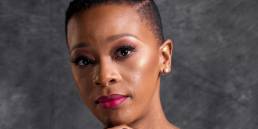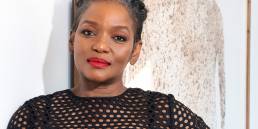Take yourself back to the [old-school] days when the December holidays had the cloud of matric results looming over them. That Christmas lunch just did not go down that well, no matter how many A’s you assumed you had in the bag. At the crack of dawn on results day, you rushed to get the newspaper that reduced the fate of what felt like the rest of your life to a couple of letters. In the heart of a Catholic boarding school in Eshowe, Kwa-Zulu Natal (KZN), a young girl impressed her mother with the news that the letters determining her fate would see her go study law. Everyone was proud of her. Christmas was amazing, the new year was brought in with a bang and they all lived happily ever after.
Perfect happy ending, right?
Well, what conditions a happy ending to be that is the fact that someone experiencing that ending must be…happy right? The reality is, happy endings usually come at the end of a series of ups and downs.





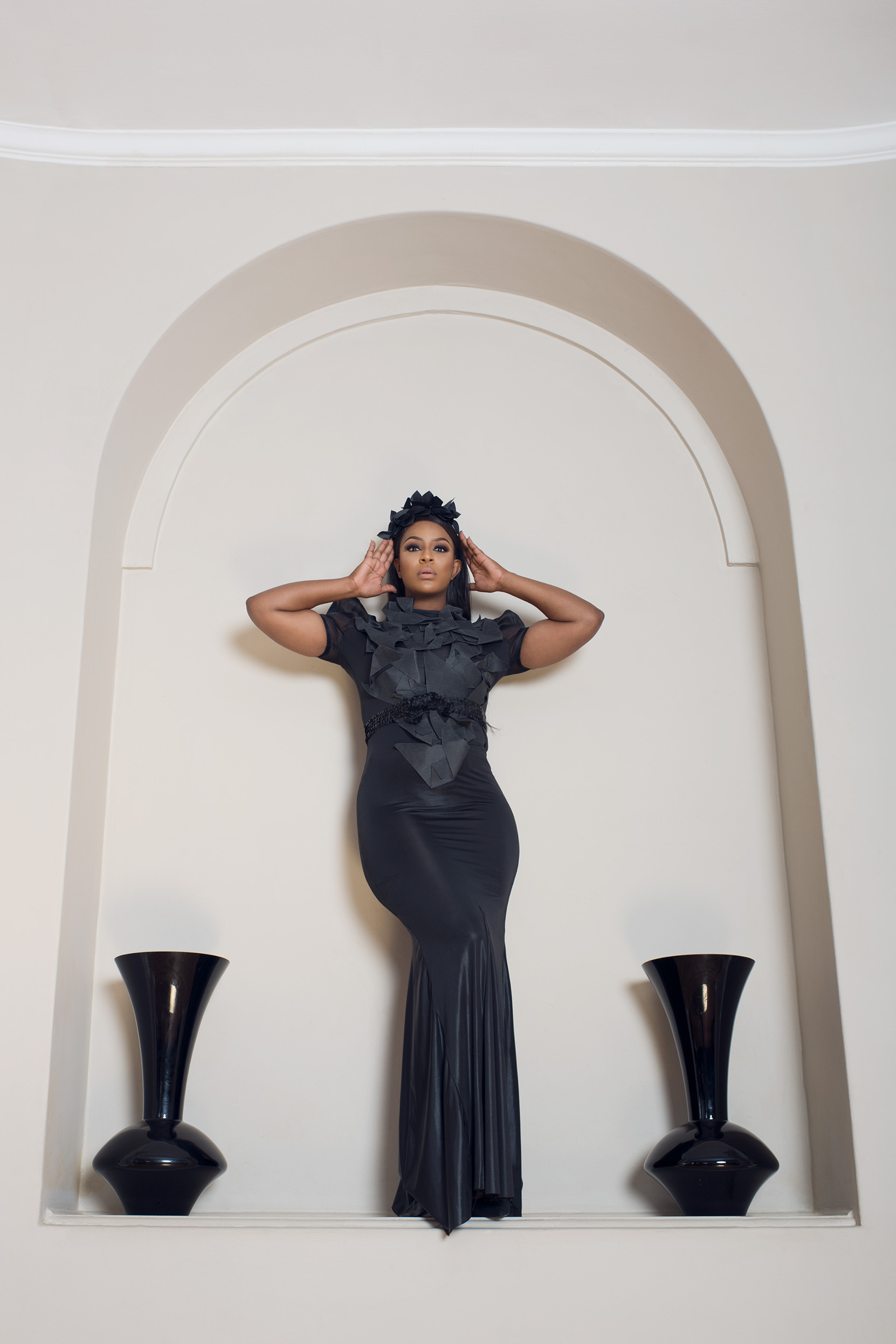
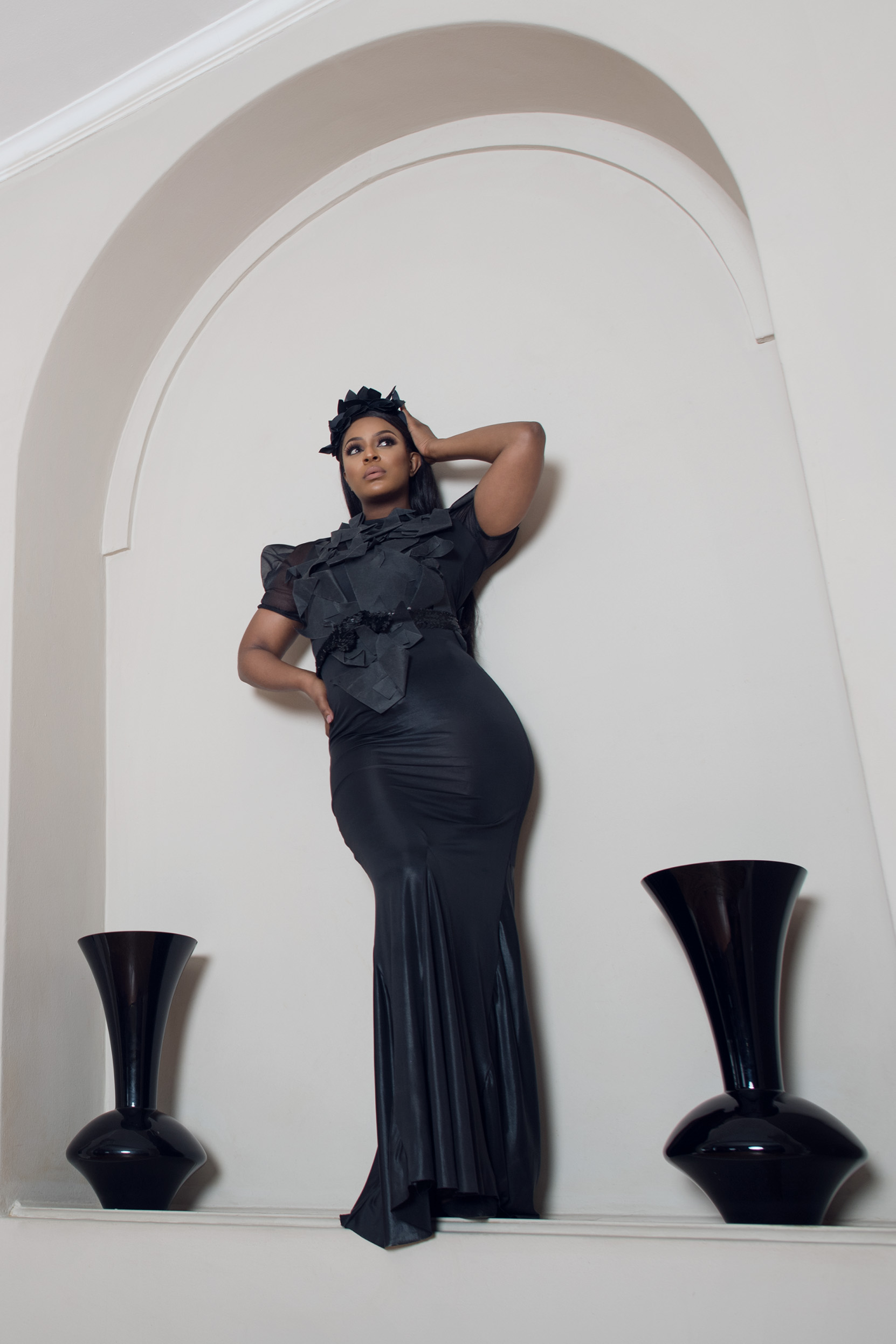
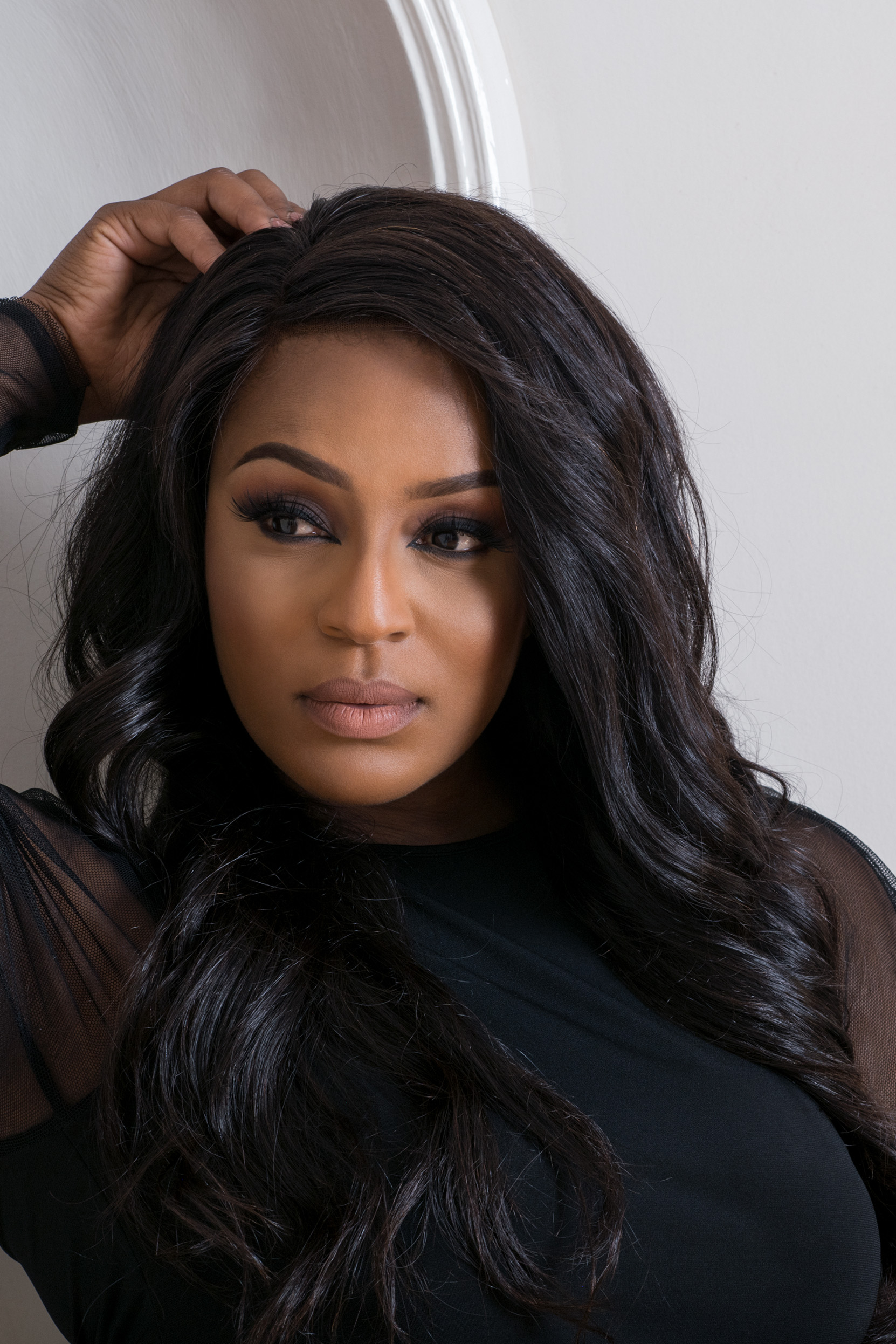

Within the law faculty hallways of the University of Kwa-Zulu-Natal (UKZN), walked a young woman who was currently experiencing the “downs” while on that side of campus, yet the “ups” while on the more artistic side of campus. Now a young woman, this once girl approached life with a different leaning. Unhappy with this decided fate for the rest of her life, she sought to to define her own destiny. Intrinsically, she knew that God determines happy endings and that if she was not happy, it simply meant that it was not the end. So, after studying law for two years, she changed degrees and started her first year as a drama student.
Naturally so, it is said that people who share this woman’s name are drawn to the arts, tend to be creative and excellent at expressing themselves and enjoy careers that put them in the limelight. They also have a deep inner desire for a stable, loving family or community and a need to work with others and to be appreciated. Think Jessica Simpson, Jessica Biel and Jessica Alba – all artistic, all mothers and all in limelight-attracting careers.
The name Jessica is derived from the Hebrew to mean “Rich” or “God beholds”. Besides her American counterparts, it’s a perfect fit for trained actress Jessica Ayanda Nkosi whose beauty is something rich to behold that leads you into a talent, character, drive and ambition that at best, is of God.
In person Nkosi can elicit a nervousness that alludes to a reality of hers one would find surprising. “I’m a nervous person which is why it’s nice to escape it. Being Jessica can be very stressful, so much is expected just because I’m Jessica” she says.
This nervousness informed by an unspoken pressure is caused by the imposter syndrome which at times causes us to severely doubt the degree to which we deserve the life which we have in fact, manifested. Just as spiritual teacher, Marianne Williamson wrote in her liberating poem, “Our deepest fear is not that we are inadequate. Our deepest fear is that we are powerful beyond measure. It is our light, not our darkness that most frightens us. We ask ourselves, who am I to be brilliant, gorgeous, talented, fabulous? Actually, who are you not to be…We were born to make manifest the glory of God that is within us.”
Nkosi began making manifest the glory of God in her (her talent, among many other things), from an early age. “I diarize and journal a lot where I wrote about this moment – being featured on the cover of magazines” she explains. “The fact that it’s all happened is scary because what do I write about now? I finished writing my University degree exams during November of one year and the January of the following year is when I started acting on Isibaya. God took me from walking the corridors of campus to working with Angus Gibson, Desiree Markgraaff and Adze Ugah – don’t even get me started with the cast. I wrote in my diary that I want to work on the set of Generations and now I’m working with the likes of Siyabonga Thwala. That’s just it – manifested. Now it’s write the next best thing Jess – Kuyathusa, kuyasabisa (It’s scary). Luckily I have acting so I can step out of that reality.”
Jessica Nkosi’s character on Isibaya lends itself well to this fate. Her character went from being referred to simply as “Qondi” to being identified as more than a name that held a significant position. This extreme elevation from one thing to the next which Nkosi experienced during her transition from graduation to first job on national tv now repeated itself for her character which transitioned from the obedient, respectful family friend/daughter that Qondi was to the station of UNdlunkulu waseBhubesini (The Queen of eBhubesini) – a royal, formidable female figure who commanded the respect of everyone.
We engage with Nkosi at a stage in her career where she is transitioning yet again – this time into a woman who does not only surrender to favor and luck, but also intentionally visualizes, identifies and pursues power moves that will allow for the story of her life to unfold with moments of perpetual elevation.
From playing less “wholesome” roles to becoming her own version of a Tyler Perry that writes, directs, produces and stars in the same production, Nkosi finds herself in a beautiful stage of transition where she’s going through the motions of accepting that change. The late change-expert William Bridges describes change as an event and transition as the process that you go through in response to the change. Bridges goes on to indicate that, “Change is situational. Transition is psychological. It is not those events, but rather the inner reorientation or self-redefinition that you have to go through in order to incorporate any of those changes into your life. Without a transition, a change is just a rearrangement of the furniture. Unless the transition happens, the change won’t work.”
Judging by the journey Nkosi has traversed from the comfort of KZN’s rural settings to its educational institutions that allowed for her to make decisions about her future, the effects of which would start to roll-out in the work-hard, play-hard nature of Joburg, Nkosi knows change all to well. The transition process is one which she is learning to master in a manner that sets her up for success, especially now as a relatively new mother to a daughter who is looking up to her.
True to the words that a man who procrastinates in his choosing will inevitably have his choice made for him by circumstance, Nkosi is quite adamant that procrastination with regards to her career goals is not an option. This sheer focus on her craft has served her well. With one of the most bankable names in the industry, boardroom brand discussion questions are not “Does she have a profile?” but are rather, “Can we secure her?” OR “Will she say yes?”. This is quite remarkable considering that her career-to-date is predominantly comprised of her role as Qondi, save a theatre production role and a role in the series Ayeye. Despite the considerable profile she has, Nkosi still faces challenges in securing other roles that are less “wholesome” and somewhat grittier in an industry where so many hopefuls are waiting for one window of opportunity – be it characters which are wholesome or not. Interestingly enough though, Nkosi’s challenge gives way to the fact that she’s done a remarkable job of leveraging one role to gradually build a name for herself that has developed into brand partnerships for her with the likes of Clinique for herself and brands such as Pampers and Stokke for daughter Namisa Dlamini. In addition, Nkosi commands the attention of an audience that exceeds 2,5 million across her social media platforms combined, not to mention the millions of South Africans who watch her every week night – she’s practically a walking billboard – influential before the word was synonymous with an actual profession.
The brilliant way in which Nkosi has managed to maximize value from one role into this brand-attracting name is understandable once one looks beyond her arresting beauty and understands her attitude towards her craft as she says, “I watch one movie at least 50 times until I can characterize each character”. It is in this discipline to her craft that reminds one of the perspective that discipline is liberation just as what liberation icon Nelson Mandela once said with the words “Discipline is the most powerful weapon to get liberation”. Nkosi cultivated this film studying discipline when she was still a law student to liberate her from the fact that she was not seated in her calling. The discipline led to her liberation in that it propelled her to pursue the arts in her education and profession.
Nkosi’s gratitude for her passion also stems from the greater role acting has played in helping her cope with the change, transitions, challenges and pressures of life.
“Acting is a coping mechanism… my headaches go away when I’m a different character. I have an opportunity to get away from myself…I get to play someone else all day, other people have to be themselves all day.” While this might raise suspicions of an unhappiness or loneliness, there is an alternative thought that surfaces. In the pressure-driven world we all must find a way to survive, let-alone thrive in, the options for finding an outlet to cope are not often as constructive as acting. In a recent study, it was reported that a significant proportion of young, black professionals (YBP’s) are functional alcoholics. This fact is supported by the journal, BMC Medicine which states that South Africa has double the regional average of alcohol consumption in Southern Africa which is partially attributable to the fact that YBP’s can afford to drink more often to ‘take off the edge’. At thebar of edge-release, Nkosi quenches her thirst for sanity with her work – an indication that this is a woman whose transition is characterized by liberation.
In Williamson’s poem, she goes on to write, “And as we let our own light shine, we unconsciously give other people permission to do the same. As we are liberated from our own fear, our presence automatically liberates others.” Nkosi knows this exact intrinsic value in the liberation which her work gives her and the power of the light that she shines through her talent. She’s also quite aware of the truth in the saying that hope is the seed of liberation. She expresses this through her description of the impact of the work by her and the greater Isibaya cast and crew when she says, “What we do and the stories we tell mean a lot. You want to give your best to abantu abasekhaya (people “watching” at home). There are so many family moments created by Isibaya. We keep families together”.
Nkosi describes her acting as being in a state of “Zen” which is known by spiritual teachers as being a way of liberation, concerned not with discovering what is good or bad or advantageous, but what is. That which is for Nkosi now, is a period of transition in which she is fully immersing herself, presently, intentionally and courageously. Nkosi gives one a sense that she understands that as Ghanaian author Lailah Gifty Akita says, “One’s liberty will not be freely given, one must be bold to liberate themselves”.
Author Nancy Levin says that “It’s in honouring the space between no longer and not yet that we truly understand the power of transition”. True to the nature of the role of queen she plays in her work and home life, the way in which Nkosi is currently carrying herself during this liberating period of transition is nothing short of brave, bold and honourable. Beyond the obvious beauty, that is the true allure of Jessica Nkosi.
Credits:
Photographer: @ingridalicephotography
Assisted by @theoneandonlywanderer
Graphic Designer: @edsonmanusi
Hair Designer: @iambomzi
Make-Up Artist: @bk_makeupartist
Fashion Director: @karinorzol
Jewellery by @icherryefresh
Location: @emoyeniparktown
Article: @foreveronke
thebar. Magazine
thebar. is an online magazine, concerned (read: obsessed)
with the local and international film industries.
Our purpose is to elevate these industries and their leaders
by showcasing high quality, breakthrough content which
elicits a strong response from those working inside
the industry and outside it.
Related Posts
27th Mar 2019
Jessica Nkosi – The liberating power of a woman in transition.
Actress Jessica Nkosi is a woman in…

